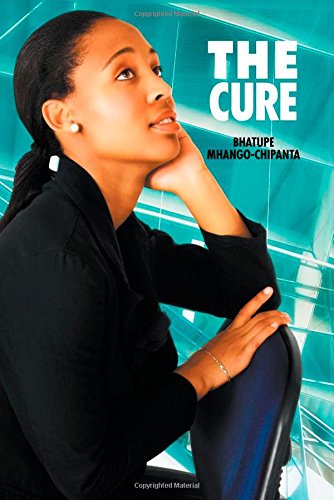 Welcome to yet another post on our “African Book Feature” series where we introduce you to new African writing.
Welcome to yet another post on our “African Book Feature” series where we introduce you to new African writing.
The Cure, by Malawian writer, Bhatupe Mhango-Chipanta, is an urban love story interwoven with a culture-clash tale between religious faith and scientific inquiry.
The novel is set in Lilongwe and follows the personal and professional life of Matamando. A top barrister and Lilongwe socialite, Matamando gets entangled with a Spanish scientist who has traveled to Malawi to investigate claims about a possible cure for HIV/AIDS.
We talked to Mhango-Chipanta about the novel, what it was like writing a novel about a subject as dreaded and taboo as HIV/AIDS, and about her journey as a writer. Her responses are both in intriguing and illuminating.
Enjoy!
What inspired you to write The Cure?
An inner push to make sense of all I had seen, heard, done, thought through and witnessed during my years of work in healthcare advocacy and development work. Besides, daily living outside of Africa as an African doesn’t make you immune to the media messages about the continent. So I suppose in some way I was constantly having conversations with myself about the continent. The Cure is the sum total of a majority of those conversations.
What did you find most challenging and most enjoyable about writing the novel?
Staying true to the the personalities, backgrounds, and feelings of the characters was challenging. Going to those good and ugly places with characters and allowing them to be real, full, human characters and not caricatures is a deep and transformative process, but it us also a difficult thing to do.
I enjoyed writing in transit—at airports, on trains, in between doctors appointments in a waiting room. I also really liked getting random thoughts when I’m in my flow…like while I’m cooking. I love the part after I have a name, a voice and a ‘thing to do’ for each of my characters. It leaves me feeling great about having created something!
African critics often frown upon novels about HIV/AIDS, claiming that novels focusing on such social ills do little more than place Africa in a bad light while exploiting Africa’s troubles for literary gain. How would you say The Cure is different?
Notice that the book doesn’t attribute HIV infection to such dramatic acts like rape, incest, underage sex abuse, sexual violence, glaring gender inequalities, and so on. That type of “HIV reporting” tends to add fuel to the flame built up from myths about the virus. People always assume that HIV (and other STDs) are caused by something “abnormal, horrid or out of their general realm of understanding of human relationships.” No! I wanted to make this point clear, so my protagonist gets an HIV infection from her boyfriend. I wanted to highlight this because a huge percentage of sexual relations and risks of infection exist within everyday, ordinary, grownup, consensual of circumstances.
The book is also different in that it maps Lilongwe as a city, like any other city in the world, but in discussion of a global issue-the HIV epidemic.
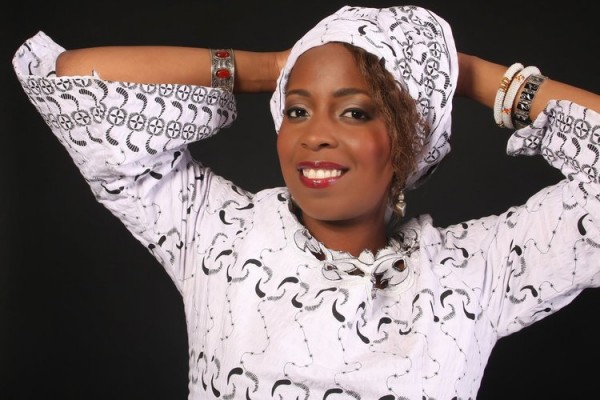
Matamando is a striking figure of African femininity. She is a top barrister, but she also loves fashion and isn’t afraid to explore her sexuality. What inspired her character?
Many professional women in my circle are daily struggling to strike a balance between many worlds! For so long, it’s been thought that the serious working woman isn’t supposed to be a fan of trends, fads, and fashion. But then today’s world puts so much pressure on us all (men, women, children) to be more mindful of how we look. Matamando isn’t aware of this pressure; and doesn’t care what we think! She just does her thing. Because she can.
One thing I love about Matamando is her love for food. I love that she’s always eating food prepared by her lovers. Why did you make food a significant aspect of her character?
Readers may get it that I played around with lots of contradictions in this book—the rich and the poor, the sick and those treating the sick, the west and the global south. The subject of food—what we eat and how we prepare what we eat—plays an important role in our lives. It is a billion dollar industry. It is something we all interact with daily, some more than others. And it’s also the one small, easy thing we can all share with others. In the book, clearly Matamando is a foodie and she seems to have this as a connecting factor with her lovers. I wanted to paint the color of love as a rainbow, as something universal. In this I ask the question: is it ok that Forrester and Ricardo both cook? Is it normal? Is it surprising? I leave each reader to form his or her conclusion.
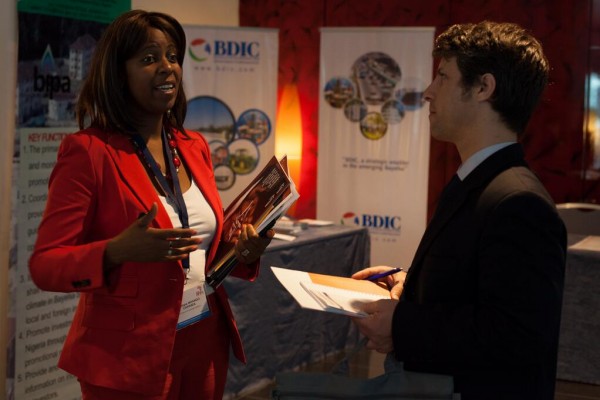
Why does religion play such an important role in the lives of the characters in the novel?
Because the main story is set in Malawi, a country that declares itself a “Christian nation,” and one in which Christianity has been a huge part of its history. Again, the contradictions spoken of (above) come up. But also because I wanted each of my characters to have a unique platform that they “represent,” so-to-speak. Besides, the role of the church in ordinary people’s lives across Africa is undeniable.
Tell us a bit about your journey as a writer. You currently work as an entrepreneur and have worked with United Nations and other international organizations. How did you come to writing?
I have been writing forever. I started off failing Literature classes in grade 5 at an American school that I attended growing up in Lusaka, Zambia. Not one to accept failure I went on to read 8 of William Shakespeare’s famous books—from Romeo & Juliet to Hamlet. This introduced me to poetry. I especially love free styling poetry. I have been a poet for years and always wrote but only started sharing my writing from about the year 2008, in various publications. I’ve been writing ( and reading) so long that it’s now just a form of expression for me.
The Cure is partly set in Lilongwe. I know you were born in Lilongwe. Do you spend a lot of time there? What are your thoughts on the city? Do you see it as a place that inspires creativity?
I haven’t spent too much time in Lilongwe. But then I started my first AIDS activism work there, so it holds a special place in that regard. Lilongwe is actually not my favorite Malawian cities. My favorites are Zomba ( the university capital) and Blantyre. But I would say that there’s something about Lilongwe that intrigues—the quiet streets, the state house building atop a hill, the small business market stalls, the thriving Malawian-Indian business suburbs…plenty to give one thoughts and keep a mind active!
It’s Women’s History month. Which African women writers have influenced you and your writing?
Chimamanda Ngozi Adichie for starters. Purple Hibiscus and Half a Yellow Sun to date remain favorites on my bookshelf. Her writing taught me that African stories and experiences are worthy of our time and discussion.
I’ve also learned a lot from Zimbabwean author, Petina Gappah. She wrote An Elegy for Easterly, a collection of short stories. Through her I see the use of humor as a craft, and she has a very distinct way of showing each character’s point of view in her writing. I attended a writing workshop organized by Faber & Faber in 2009. She was one of the writing coaches, and I remember her telling us not to be afraid of our characters, to let them live.
We are so delighted to share Mhango-chipanta’s work with you. Feel free to click HERE and start reading.


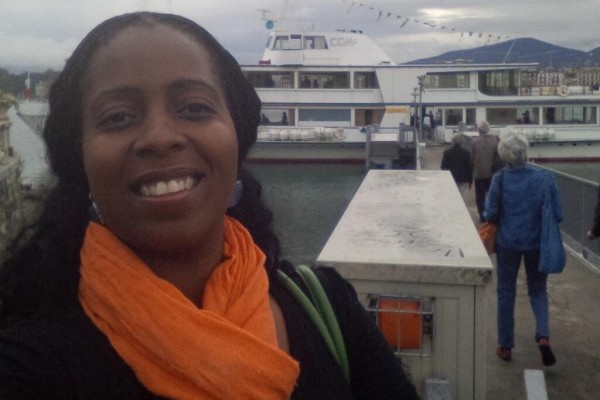
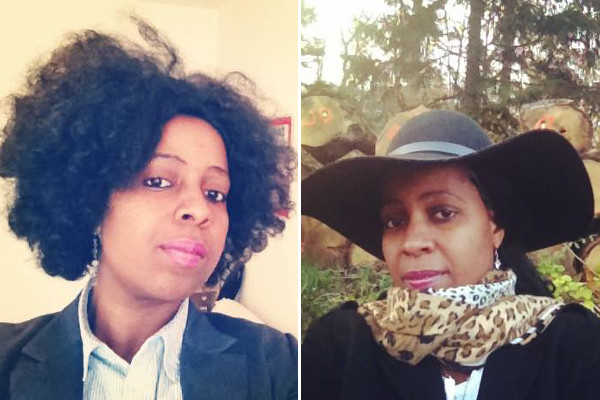






Julie Deshields June 09, 2016 06:28
It is no longer news that the Acquired immune deficiency syndrome /Human Immuno Virus (HIV/AIDS) is increasing by the day. The fear is that many people living with the sickness are scared of saying it because of the stigma that comes along with it.I am bold enough among many others to state that there is now a potent cure to this sickness but many are unaware of it. I discovered that I was infected with the virus 8yrs ago, after a medical check-up. My doctor told me and I was shocked, confused and felt like my world has crumbled. I was dying slowly due the announcement of my medical practitioner but he assured me that I could lead a normal life if I took my medications (as there was no medically known cure to HIV). I went from churches to churches but soon found that my case needed urgent attention as I was growing lean due to fear of dying anytime soon. In a bid to looking for a lasting solution to my predicament, I sought for solutions from the voodoo world. I went online and searched for every powerful trad-medical practitioner that I could severe, cos I heard that the African Voodoo Priests had a cure to the HIV syndrome. It was after a little time surfing the web that I came across one DR ADEYEMI (A powerful African Voodoo Priest), who offered to help me at a monetary fee. I had to comply as this was my final bus-stop to receiving a perfect healing. My last resolve was to take my life by myself, should this plan fail. Alas! it worked out well. He gave my some steps to follow and I meticulously carried out all his instructions. Last month, 13 May, 2016, to be precise, I went back to the hospital to conduct another test and to my amazement, the results showed that " I am NEGATIVE". You can free yourself of this HIV virus by consulting this great African Voodoo Priest via this e-mail: ADEYEMIBELLO1990@GMAIL.COM OR CALL +2348107996445 He will help you